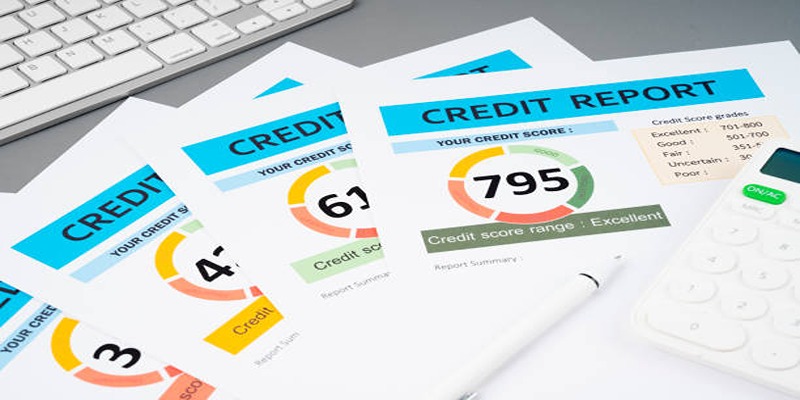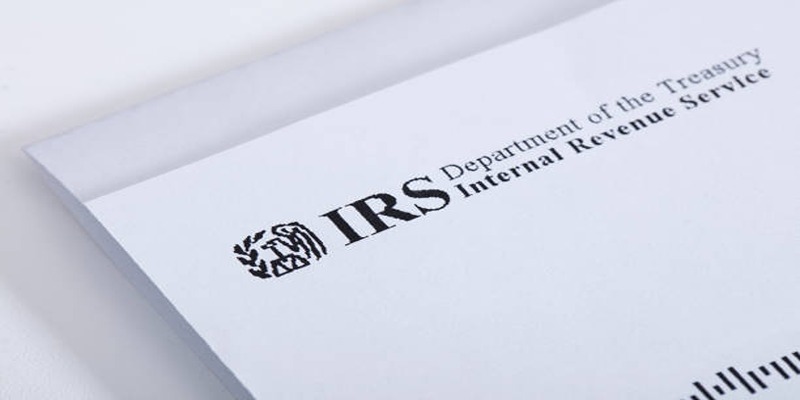When you own a home, it’s not just a place to live – it’s also an asset that can help you financially in times of need. One way to tap into that asset is through a home equity loan. This type of loan allows you to borrow against the value of your property, offering a lump sum that can be used for major expenses like home renovations, education, or medical bills.
While it might sound like an easy solution, there are important factors to consider. In this guide, we'll explain home equity loans, how they work, and the benefits and risks involved.
What is a Home Equity Loan?
A home equity loan, or second mortgage, is a loan in which homeowners borrow some of the equity in their property. Your home equity is the value of your home minus the amount you still have left to pay on your mortgage. Essentially, it's the portion of your home that you "own" outright.
Home equity loans provide a lump sum that you repay over a set period, usually at a fixed interest rate. The loan is secured by your property, meaning that if you fail to make payments, the lender can foreclose on your home. Because your property backs these loans, they typically offer lower interest rates compared to unsecured loans or credit cards.
How Home Equity Loans Work?

To understand how home equity loans work, here’s a breakdown:
Calculate Home Equity: Subtract your mortgage balance from your home’s market value. If your home is worth $300,000 and you owe $150,000, your equity is $150,000, determining your borrowing potential.
Loan Amount: Lenders typically allow borrowing up to 85% of your home equity. For instance, with $150,000 in equity, you could qualify for a maximum loan of $127,500, depending on lender policies.
Fixed Interest Rate: Home equity loans usually have fixed interest rates, ensuring predictable monthly payments. The rate depends on factors like your credit score, loan amount, and lender terms, keeping payments stable.
Repayment: These loans are repaid over 5 to 30 years through monthly installments covering both principal and interest. Timely payments are essential to avoid penalties and maintain financial stability.
Benefits and Risks of Home Equity Loans
Home equity loans offer advantages and potential downsides, so it's important to carefully consider both sides before deciding whether to borrow against your home's equity.
Benefits
Lower Interest Rates: Since your property secures home equity loans, they typically come with lower interest rates than unsecured loans, making them a more affordable option for borrowing larger sums.
Tax Deductibility: In some cases, the interest on home equity loans may be tax-deductible, especially if the loan is used for home improvements. Always consult a tax advisor to determine if you qualify for this deduction.
Lump-Sum Disbursement: A home equity loan provides a lump sum upfront, making it ideal for major expenses like renovations or medical bills. It also offers fixed payments and predictable interest rates for easier financial planning.
Predictable Payments: With a fixed interest rate, your monthly payments stay consistent throughout the loan term. This predictability helps with budgeting and managing long-term financial obligations.
Risks of Home Equity Loans
Risk of Foreclosure: Because your home is used as collateral for the loan, failing to repay it could result in foreclosure. This is a serious consequence, and borrowers must ensure they can make regular payments to avoid losing their property.
Over-Borrowing: It's tempting to borrow against the full equity of your home, but doing so can be risky. Overborrowing might put you in a financially vulnerable position, especially if your home's value decreases or if you encounter unexpected financial difficulties.
Fixed Interest Rates: While a fixed rate provides stability, it can also be a disadvantage if market interest rates decrease. You'll still be locked into a higher rate than what's available in the market.

Upfront Costs: Home equity loans come with closing costs, such as appraisal fees, origination fees, and title search fees. These additional expenses should be factored into your decision to ensure the loan remains affordable in the long run.
Things to Consider Before Taking a Home Equity Loan
Before you apply for a home equity loan, it’s essential to consider a few important factors to ensure you’re making the best decision for your financial situation:
Home's Equity: Ensure you have sufficient equity in your home before applying. Low equity or a decline in property value can reduce your borrowing capacity, potentially preventing you from securing enough funds for your intended purpose.
Financial Stability: Assess your financial situation and ability to make consistent loan payments. High debt levels or uncertain income could lead to added financial strain, making it more difficult to manage a home equity loan's repayment over time.
Alternative Options: Explore other borrowing options, such as personal loans or lines of credit. Depending on your financial needs, repayment capabilities, and urgency of securing funds, these alternatives might offer greater flexibility and lower risks.
Loan Terms: Carefully review the loan terms, including interest rates, repayment periods, and fees. Understanding these terms helps ensure you're fully aware of the long-term financial commitment and any hidden costs associated with taking out a home equity loan.
Conclusion
Home equity loans can be a useful financial tool, offering lower interest rates and predictable payments. They are particularly beneficial for homeowners seeking a lump sum to cover large expenses. However, they come with risks, including the potential for foreclosure if payments are missed and the temptation to over-borrow against your property’s value. It’s crucial to evaluate your financial stability, the terms of the loan, and other available borrowing options before committing. By carefully considering both the benefits and risks, you can make an informed decision and ensure that borrowing against your home equity is the right choice for you.












